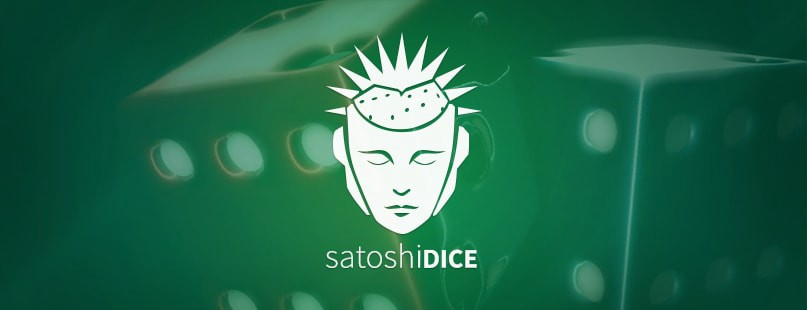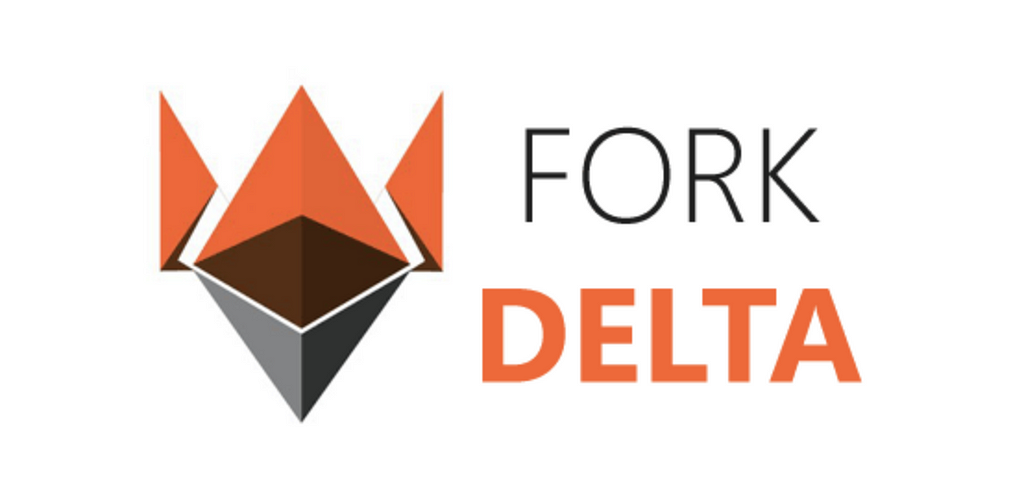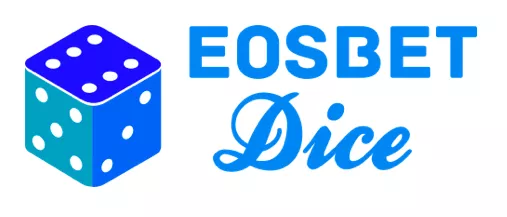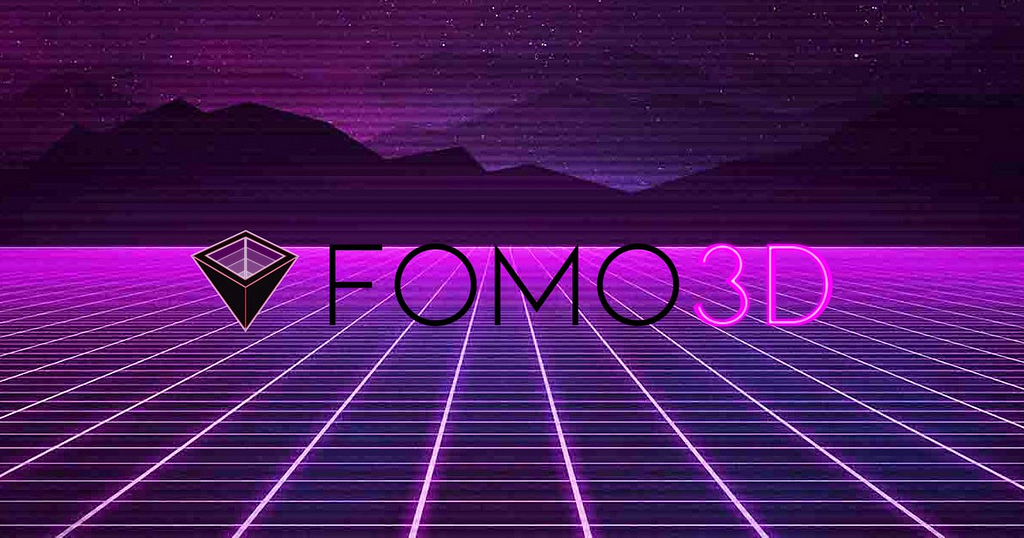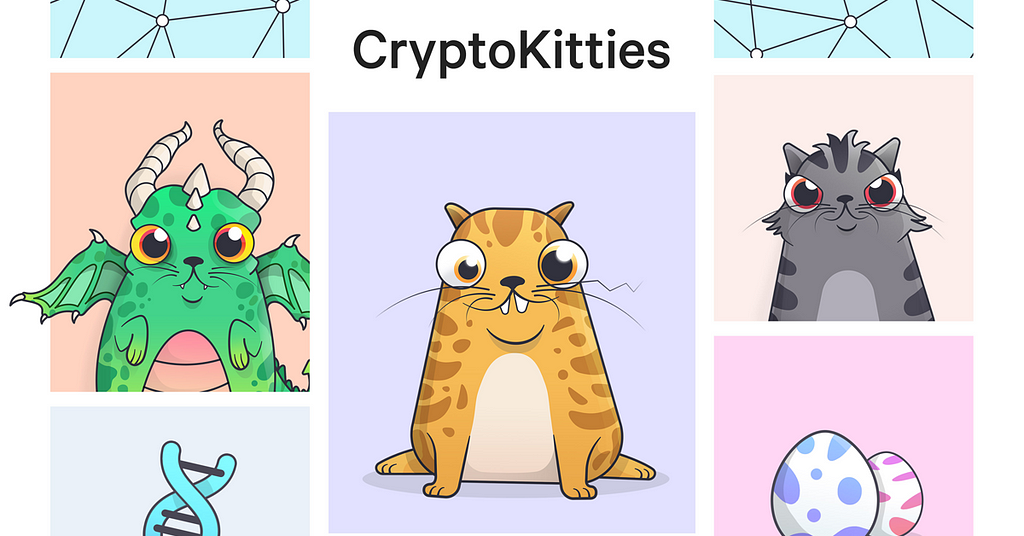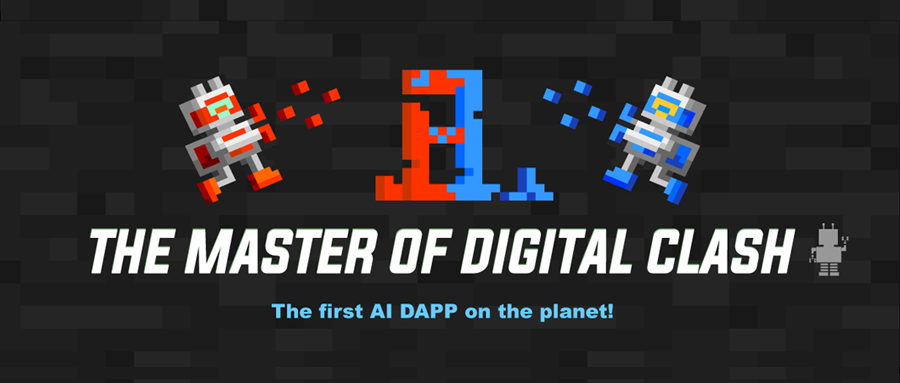Latest news about Bitcoin and all cryptocurrencies. Your daily crypto news habit.
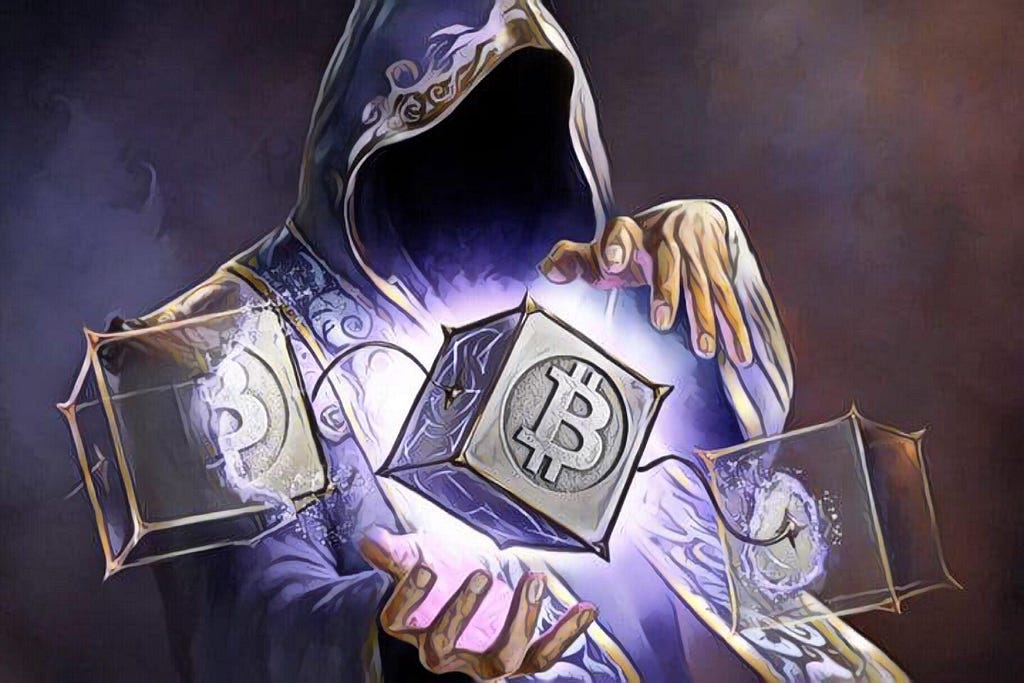
Gamers out there, have you ever been bugged by :
- Game developers suspending game operations with short notice;
- Hundreds of hours of time wasting on leveling your characters that get deleted;
- Another hundred of hours of time forging the best weapon that get nerfed in new updates;
- Game developers releasing OP (overpower) weapons or armors for profit that make the game imbalance;
- Game developers banning you for no reason;
Or do you ever remember that before you start the game, the system forces you to agree to the stinky and long End User License Agreement (EULA) before entering into the game?
In fact, you are only paying your precious time and money for the right to “rent” the props and treasures in the game. The game is designed by the video game publisher, the servers are theirs, and the rules are set by them. If there is a problem with the digital asset dispute, the pusblisher has absolute power to dictate.
The well-known Vitalik Buterin, Creator of Ethereum, was one of the victims and he decided to do something about it.
“I happily played World of Warcraft during 2007–2010, but one day Blizzard removed the damage component from my beloved warlock’s Siphon Life spell. I cried myself to sleep, and on that day I realized what horrors centralized services can bring. I soon decided to quit.” — Vitalik
Then Ethereum was created with the capability to write smart contracts and create DApp that returns the right to individuals.
DApp stands for “Decentralized Application” which is deployed on a distributed network with all data transparent and tamper-proof. Take a gaming application as an example, in a traditional game application, the data is stored in the centralized server, so the developer has the absolute control of the game, with the ability to modify the game rules and contents without anyone’s consent.
With blockchain, a DApp can’t be shut down at developer’s free will. As long as that DApp is written in the blockchain, it is permanent. That being said, users can have a say in at the direction of the DApp development. If users are not satisfied with the DApp, they can fork their own DApp, like what ForkDelta did. Also, the DApp provides true ownership of digital assets. When these digital assets are not stored in a centralized server, but are actually stored separately in decentralized nodes, even developers can no longer claim that they own the digital assets. Not to mention anyone can check the uniqueness and rarity of a given digital asset within the DApp. This ability to prove scarcity of a digital asset and return it to users’ hands create a brand new economic system of its own — tokenomic ( stay tuned for a future article on this!).
The first trending DApp
On April 24, 2012, Satoshi Dice was announced on Bitcointalk, the most well-known blockchain forum founded by Satoshi in 2009. Satoshi Dice is a simple game of betting. The website lists the lucky numbers of various odds and their corresponding addresses. Players bet by transferring coins to the address. The website then judges whether the byte calculated by the transaction ID is less than the lucky number corresponding to the odds. If a player wins, the website automatically transfers the reward to the player’s address.
Of course, DApp also has many other applications. I have generated some of the more interesting projects to share with you.
Decentralized Exchange
Recently, big centralized exchanges like Binance, Bitfinex, and Bithumb have announced plans to launch decentralized exchanges in their roadmaps. Decentralized exchanges return the tokens to users’ hands comparing the centralized exchanges that take your tokens into custody (and can do whatever they want with them). Although decentralized exchanges excel at asset security comparing to centralized exchanges, there is still much room for improvement for decentralized exchanges to bloom.
1. IDEX
The first exchange based on Ethereum’s decentralized smart contracts offers real-time trading and a variety of pending orders. Currently the world’s largest decentralized exchange.

ForkDelta is a decentralized exchange forked from EtherDelta in February 2018. The exchange can list any ERC20-compliant tokens on its own. Due to the limitation of Ethereum, the renewal speed and transaction speed of the pending orders are relatively slow. Currently the world’s second largest decentralized exchange.
Decentralized Games
Even though decentralized game development is at its early stage, but small progresses are made each time a game is released. Below is a list of popular types of decentralized games right now:
1. Betting Games
The blockchain’s open and tamper-proof features allow everyone to view the game’s source code and rules, eliminating trust issue and prevent cheating. Thus, betting games become very popular on the blockchain due to its transparency and fairness.
FairHouse and dice2.win are two examples of betting DApps on the Ethereum Network and Dice and EOSBet are another two examples on EOS.
Who doesn’t like to earn a high profit with a small amount of input? Most of this kind of games use Ponzi scheme where early players benefit the most from the game (as long as there are more players pouring in). Fomo3D is the most well-known DApp falling into this category.
This type of games allows players to collect and trade collectibles. The unique feature is that each object in the game is unique, and this uniqueness gives collectible values in the game and sought after by everyone. Most of the collectible games are based on the ERC721 standard on the Ethereum Network. CryptoKitties is the most famous game on the Ethereum Network that spiked the ETH price and paralyzed the Ethereum Network on November 2017. Other notable mentions include Etheremon and Gods Unchained.
Currently, if a DApp wants to integrate AI within the application, the only option is to run the AI algorithm off-chain and return the results back on-chain. The process defeats the purpose of blockchain’s transparency and tamper-proof. However, Cortex allows developers to upload their models on the blockchain and use them with the smart contracts. The Master of Digital Clash is the first AI DApp that illustrates how AI inference is made within a DApp.
The users can either pick Team Red which represents 0, 1, 2, 3, 4 or Team Blue which represents 5, 6, 7, 8, 9. After a team is picked, users can begin to draw on the canvas. Initially, 1 pixel costs 1 CTXC, and the price goes up as more users draw on the same pixel. The game ends when the highest priced pixel reaches 3,000 CTXC or the total Pixels Drawn reaches 8,000. Each time a game participant modifies the pixels on the canvas and initiates a transaction, the AI smart contract infers the AI model to identify the pixel on the canvas and tells you the current result
DApp Current Status and Future Prospects
The booming popularity of raising funds through an ICO have helped put cryptocurrency into the mainstream and attracted talents to develop DApps. With DApp, the data is stored on a distributed network. The ownership of the digital assets belongs to the users, and the developer has no right to control. All the rules are transparent and cannot be changed without everyone’s consent. In today’s DApp ecosystem, the most popular types of DApps that bring a huge amount of volumes are betting and high-risk games, however, DApp can do way more than that! So what should the real blockchain game look like?
There is no set answer right now and is still being discussed rigorously. The blockchain is still in its infancy. Processing speed is the biggest bottleneck right now along with security issue and poor user experience. Also, the lack of depth in smart contracts also build a barrier to create useful DApp. There are many projects targeting different pain points, for example, Zillia (ZIL) is trying to use sharding to solve TPS problem, Chainlink (LINK) is connecting smart contracts with real-world data, and Cortex (CTXC) is integrating AI with smart contracts.
Going forward, we hope to see more types of DApp to emerge (rather than more betting games) and to let more users know the goods of blockchain and DApp.
WTF are DApps? was originally published in Hacker Noon on Medium, where people are continuing the conversation by highlighting and responding to this story.
Disclaimer
The views and opinions expressed in this article are solely those of the authors and do not reflect the views of Bitcoin Insider. Every investment and trading move involves risk - this is especially true for cryptocurrencies given their volatility. We strongly advise our readers to conduct their own research when making a decision.
